Notes From The House Of The Dead
$33.99
Notes from the House of the Dead, a prison novel based on Dostoevsky’s own prison experience, was first published in 1861 and can be considered the incubator of his great later novels such as Crime and Punishment and The Brothers Karamazov. The characters and situations that Dostoevsky encountered in prison were so violent and extraordinary that they changed his way of looking at human nature. He himself said that, through the prison, he had been resurrected into a new spiritual condition — one in which he would write some of the greatest novels ever written. This totally new translation from Boris Jakim captures Dostoevsky’s intensely emotional and philosophical narrative in rich American English.
in stock within 3-5 days of online purchase
SKU (ISBN): 9780802866479
ISBN10: 0802866476
Fyodor Dostoevsky | Boris Jakim
Binding: Trade Paper
Published: June 2013
Publisher: William B. Eerdmans Publishing Co.
Print On Demand Product
Related products
-
Mere Christianity
$17.99Arguably the 20th century’s most influential Christian writer, C.S. Lewis sought to explain and defend the beliefs that nearly all Christians at all times hold in common. His simple yet deeply profound classic, originally delivered as a series of radio broadcasts, is a book to be thoroughly digested by believers and generously shared with skeptics. Paperback with French f laps and deckled page edges.
Add to cart1 in stock (additional units can be purchased)
-
Knowledge Of The Holy
$15.99Informative and inspiring, The Knowledge of the Holy illuminates God’s attributes–from wisdom, to grace, to mercy–and shows through prayerful and discussion, how we can more fully recognize and appreciate each of these divine aspects. This book will be treasured by anyone committed to the Christian faith. It bears eloquent witness to God’s majesty and shows us new ways to experience and understand the wonder and the power of God’s spirit in our daily lives.
Add to cart1 in stock (additional units can be purchased)
-
And The Two Became One Journal
$16.50HARDCOVER, COPTIC BOUND JOURNAL: Allows book to lay completely open when flat for ease of use
192-LINED PAGES: Journal measures 6.5 x 8.5 x 0.75-inches
BECOME ONE: White with gold foil print; reads “And the two shall become one”
INCLUDES 8 ALTERNATING PHRASES: Each page has a different message about marriage, relationships and love
Add to cartin stock within 3-5 days of online purchase
-
New Kind Of Christianity
$16.99After the hailstorm of controversy stirred up by the hardcover, we hope the paperback release keeps the debate going. One of the most innovative Christian voices today and author of the controversial A New Kind of Christian faces head-on the questions that will determine the shape of the faith for the next 500 years.
Add to cart1 in stock (additional units can be purchased)



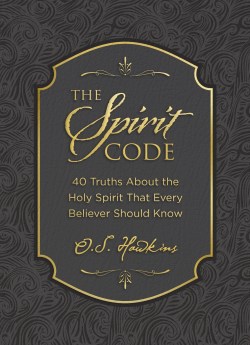

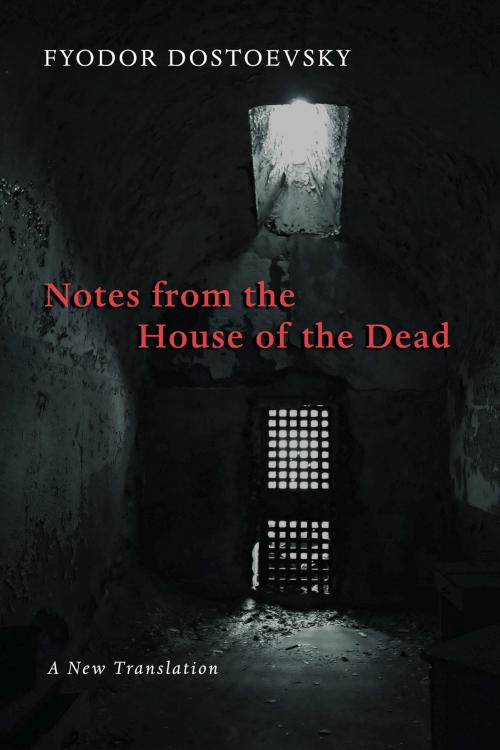

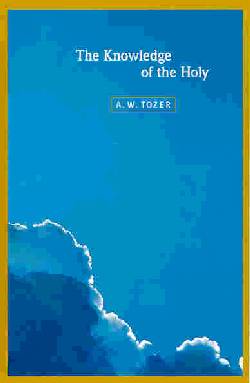

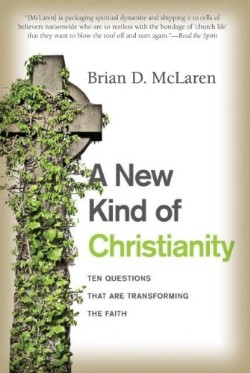


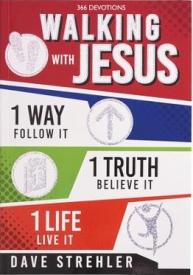

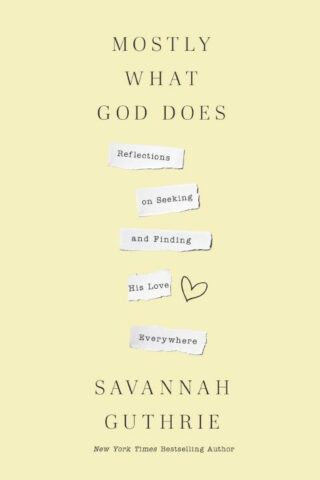
Reviews
There are no reviews yet.